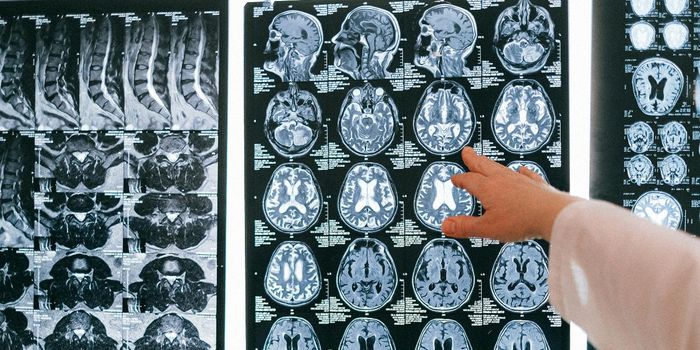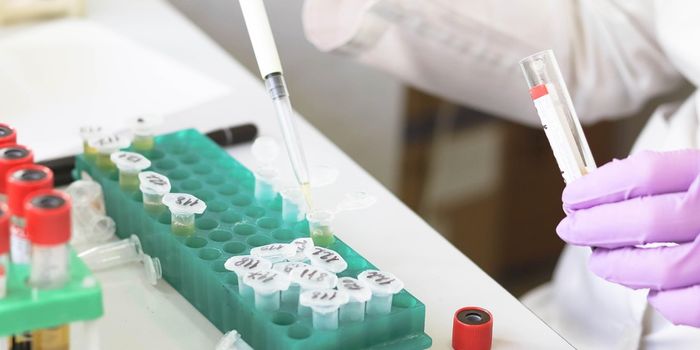The Key to Living Longer is REST
Scientists at Harvard Medical School show new evidence that the key to living longer is to get plenty of sleep.
The researchers were mapping changes in gene expression in individuals who died between 60 and over 100+ years old, to understand better how changes in gene expression affect longevity. The results showed a clear pattern that individuals who died over the age of 85 had suppressed neural excitement, while those who died younger had increased neural excitement.
The protein overexpressed in older individuals is REST, which is responsible for suppressing neural activity and is active during sleep. This suppression affects lifespan is because it is only when neural activity is suppressed, that a family of forkhead transcription factors comes alive. Forkhead transcription factors guide much of the cell growth process, from differentiation to longevity.
To test whether the activity suppression provided by REST is a cause of longevity, the researchers genetically engineered mice and Caenorhabditis elegans, a worm, to be deficient or overproduce REST. In both model organisms, the results were obvious; organisms that overproduce REST live longer, and those with a deficiency die young.
It makes sense that when forkhead proteins have the opportunity to maintain cell health regularly, both the individual cells and the organism live longer. Few studies have been able to find root causes for longevity, but this study could provide a stepping stone for further research.
Sources: Yanker et. al., ScienceDaily









